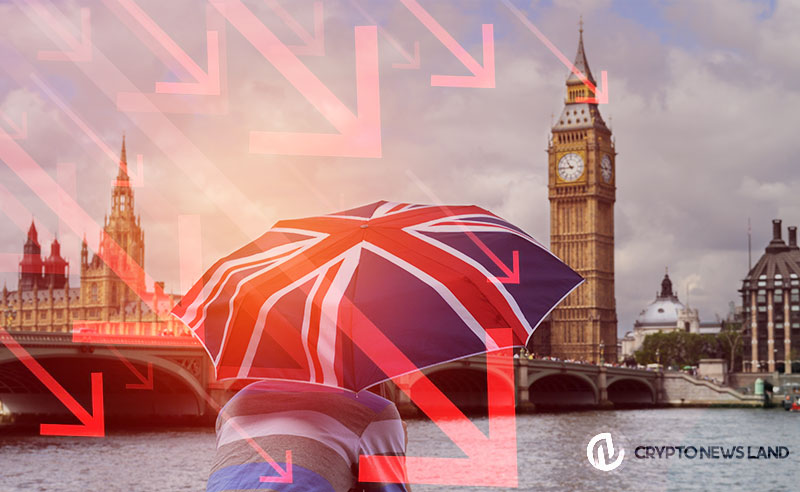- In July, the UK’s inflation rate increased sharply to 10.1%.
- Consumer price inflation has been driven by higher food prices.
- British central bank predicted the future of the rates.
UK inflation accelerated more than expected last month to the highest in 40 years, intensifying a squeeze on consumers and adding to pressure for action from the government and Bank of England. The Consumer Prices Index rose 10.1% in July from a year earlier after a 9.4% gain the month before, the Office for National Statistics said Wednesday. The reading was higher than expected by both the BOE and private-sector economists.
Core inflation, which excludes items like energy, food, alcohol, and tobacco, was higher than expected at 6.2% in the year ending in July 2022, rising from 5.8% in June. Following the announcement, British 2-year yields Gilt rates spiked on Wednesday morning, rising more than 26 basis points to reach 2.41%, which is the highest level since November 2008. According to the ONS’s study, the increase in food prices between June and July had the biggest impact on annual inflation rates.
Supermarkets have had little choice but to pass on price increases from suppliers, themselves contending with unprecedented inflation in raw material and ingredient input costs
Kien Tan, director of retail strategy at PwC.The Bank of England announced a 50 basis point increase in interest rates earlier this month, taking the rate to 1.75%, which is the highest increase in three decades. The British central bank predicted that between now and 2023, inflation rates will stay “quite substantial.”
